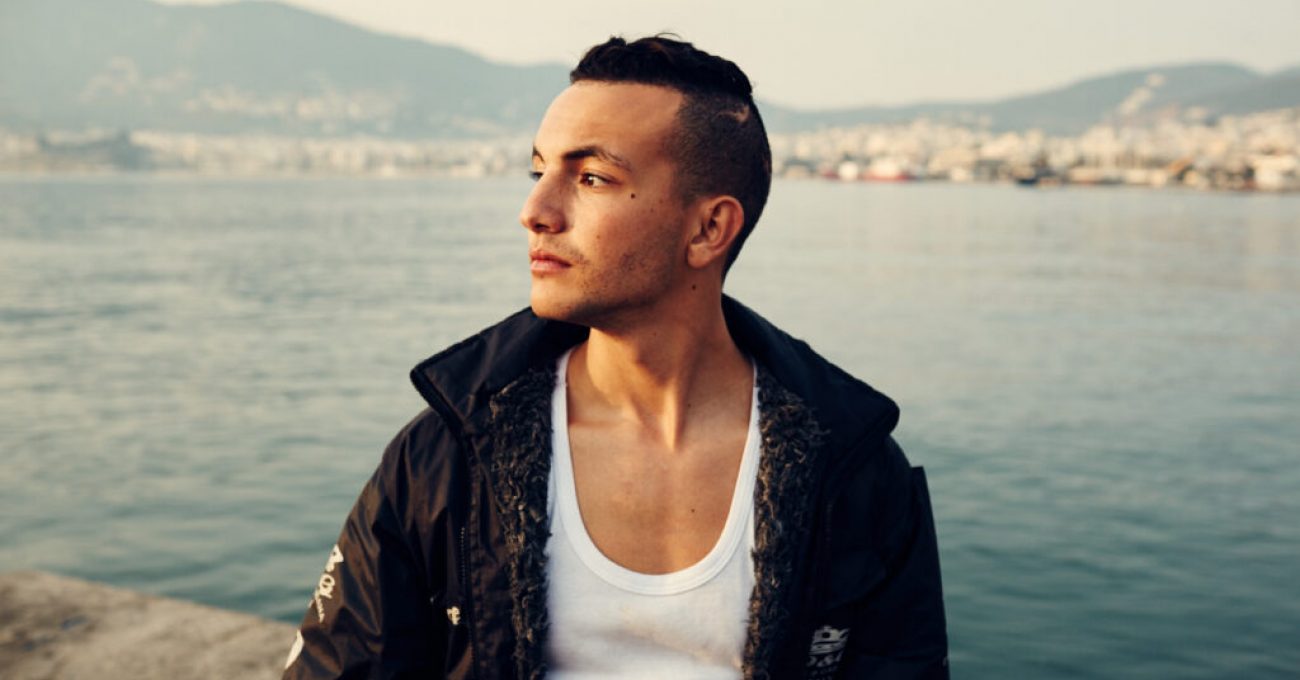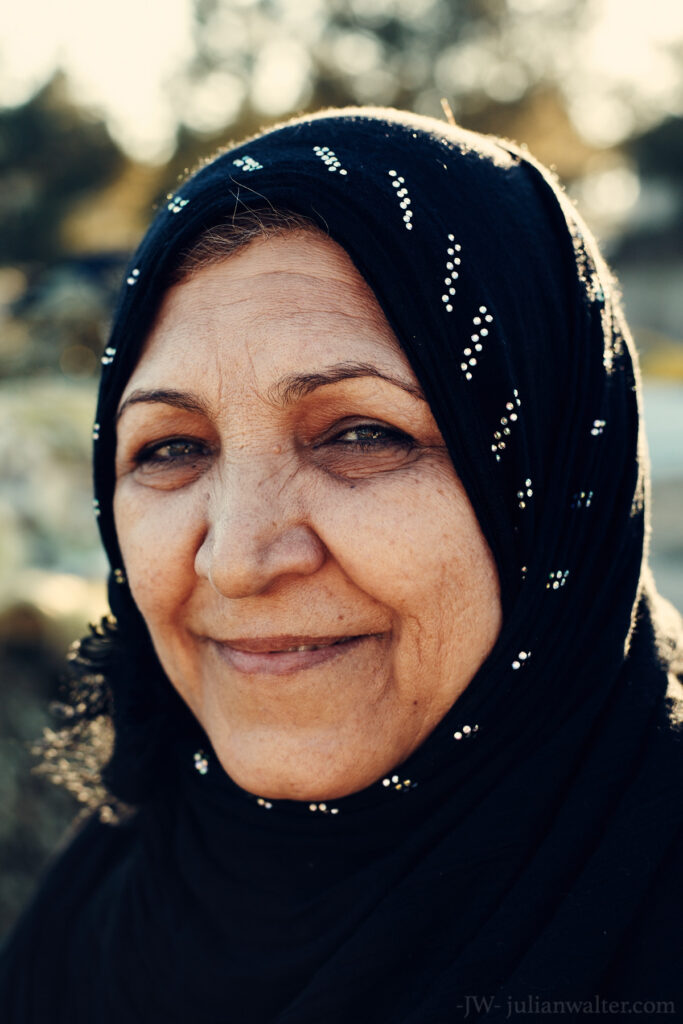Refugee Crisis | Lesvos, Greece
Refugee: a person who has been forced to leave their country in order to escape war, persecution, or natural disaster.
While reading about the ongoing migration crisis into Europe, I found out how much of the passage funnels through this one little island off the Turkish coast called Lesvos. People from all over, mostly the Middle East, are trying to make their way legally into Europe. Lesvos has only a four mile distance across the water to the Asian side of Turkey, thus making it a very good way to bypass the typical difficult borders on land. In this case they trade one obstacle for another, as a small percentage of these boats end up sinking, drowning many of the passengers. So upon gaining interest in the crisis and seeing the ease of logistics for me go and connect with the situation, I hopped over to Lesvos for a week.
On the island, hundreds of volunteers from all over the western world come together for different amount of times in many groups to aid in the arrival, registration, and departure process of these refugees. Medical teams and lifeguards on the beaches aid in safe arrival, and camps on the island keep the refugees as comfortable as possible while they wait sometimes days for their registration. One organization that stood out was Better Days for Moria, somewhat of an overflow to the UNHCR camp next to the town of Moria, to ensure the comfort of the refugees, especially during the winter months. They arrived in November when hundreds of refugees had to sleep cold and wet on the muddy hillsides. Now a full blown camp has been made with free food, large tents, dry clothes, translators, and overall friendly faces for these people who are in particularly vulnerable states. I highly recommend for anybody to pay a visit and join in to help out with these groups, it’s very easy with a couple quick searches online, and I guarantee it will be an amazing experience that benefits everyone.
I will admit that one of my main goals in this visit was for my own benefit. The news stories tell us about “thousands of refugees daily” or “fifty die from boat sinking”, which are all shocking to see the scope of the problem, but I found the numbers to be so impersonal and didn’t relate the human element to it. So I thought to make a point to go and try to have some conversations and connect with refugees who are making this journey, just so that I could directly feel empathy and better understand the experience. Of course, with my photos if I can show some portraits and make that connection to a few of my viewers as well, then my other main goal would be fulfilled. I found it necessary to get consent 100% of the time before shooting a portrait, as your subject might be in danger from their own government and any publicity could be detrimental to them or their connections back home.
South coast boat rescue
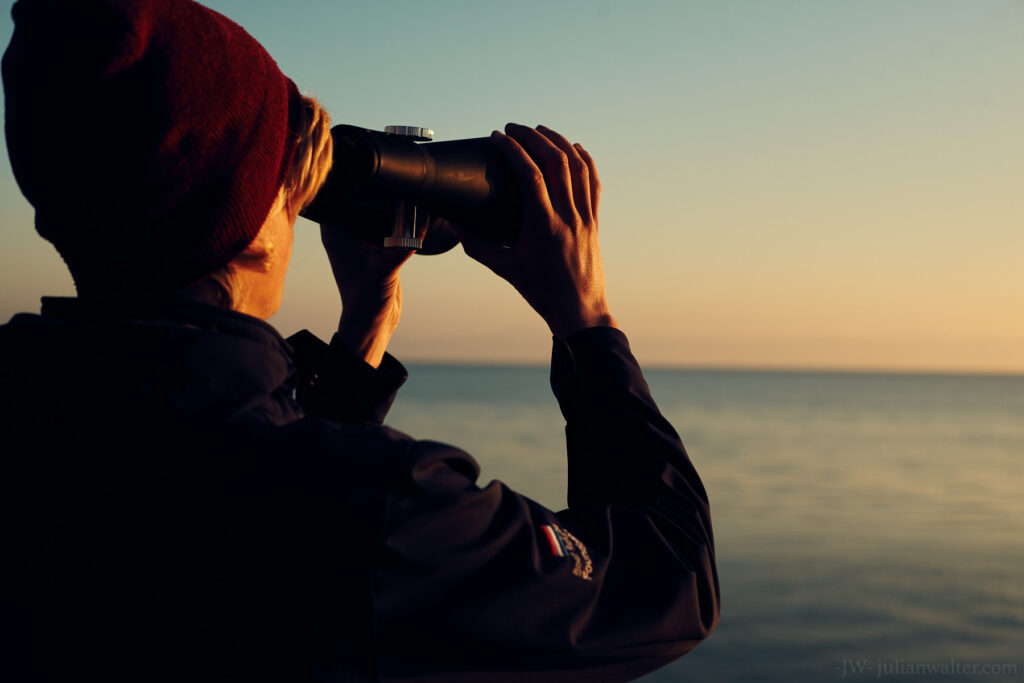
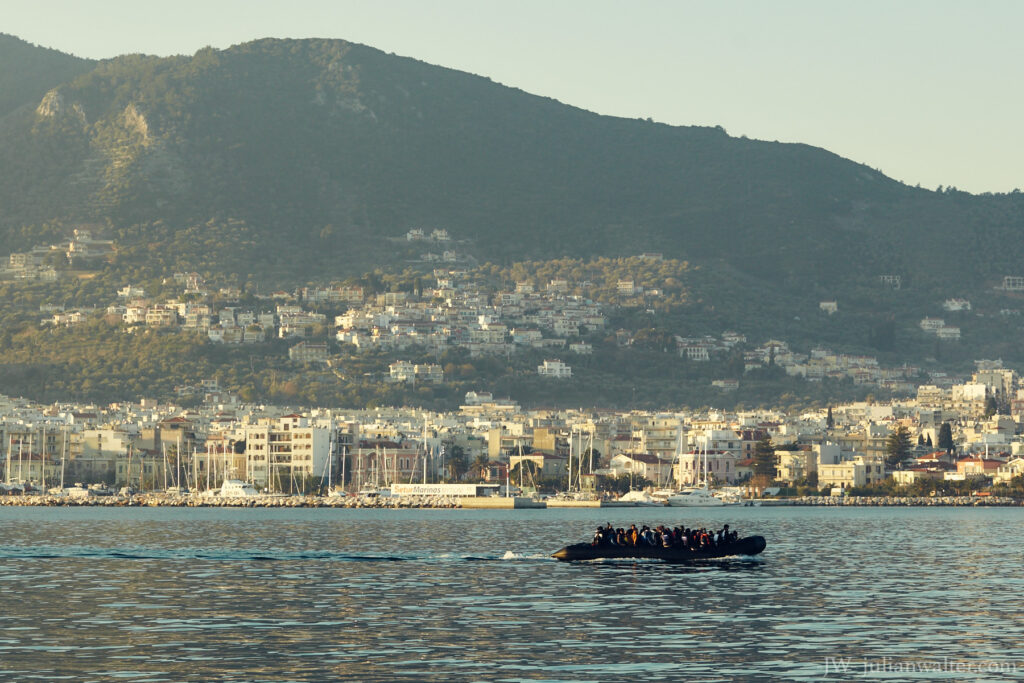
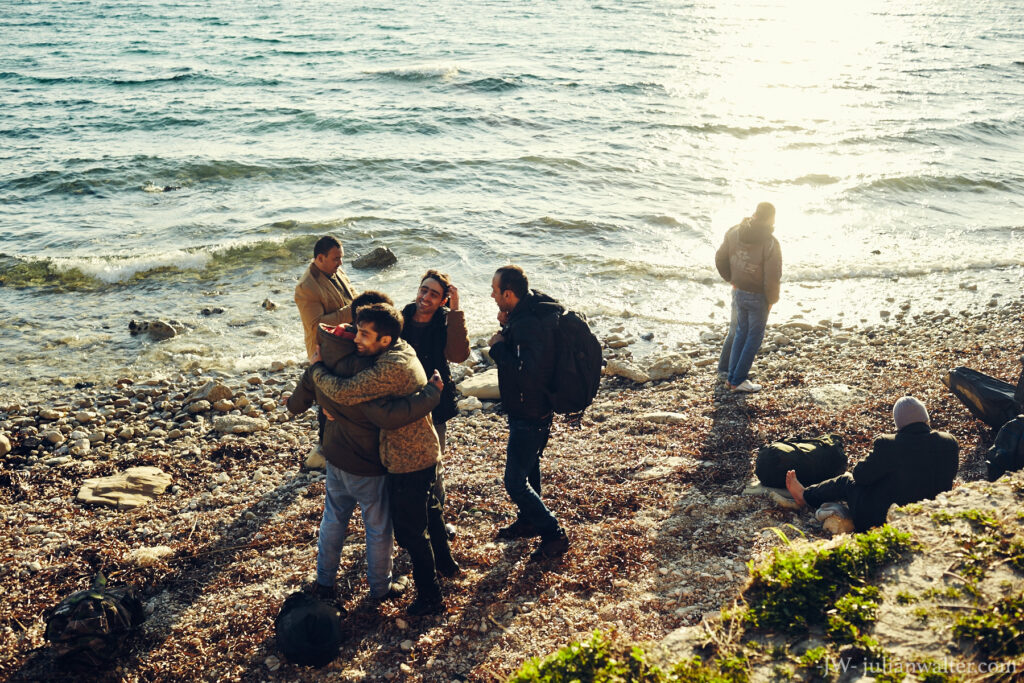
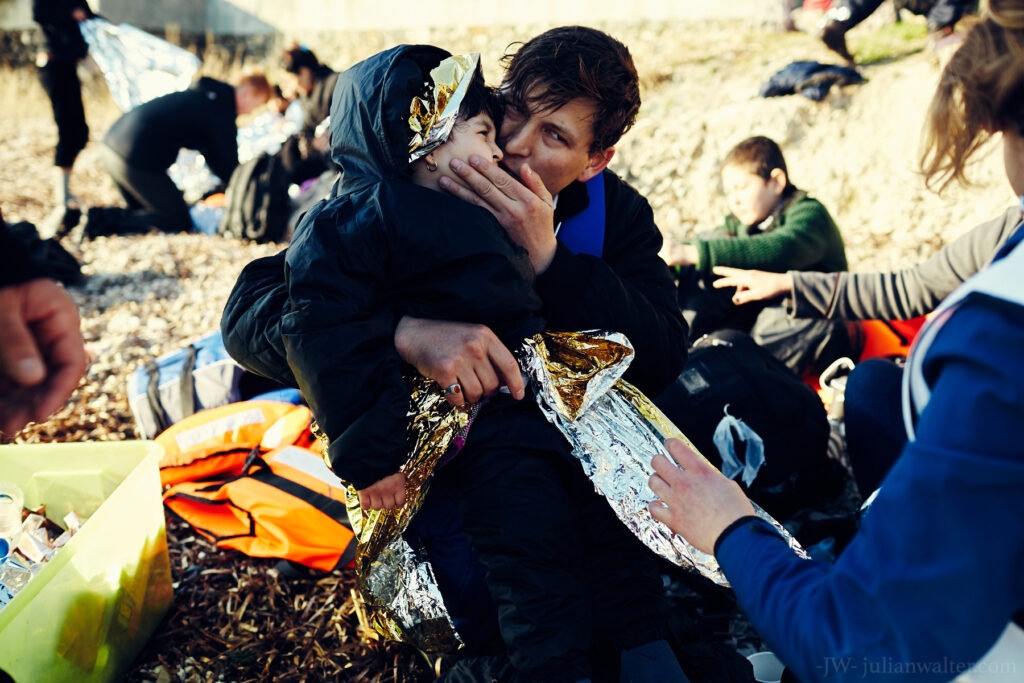
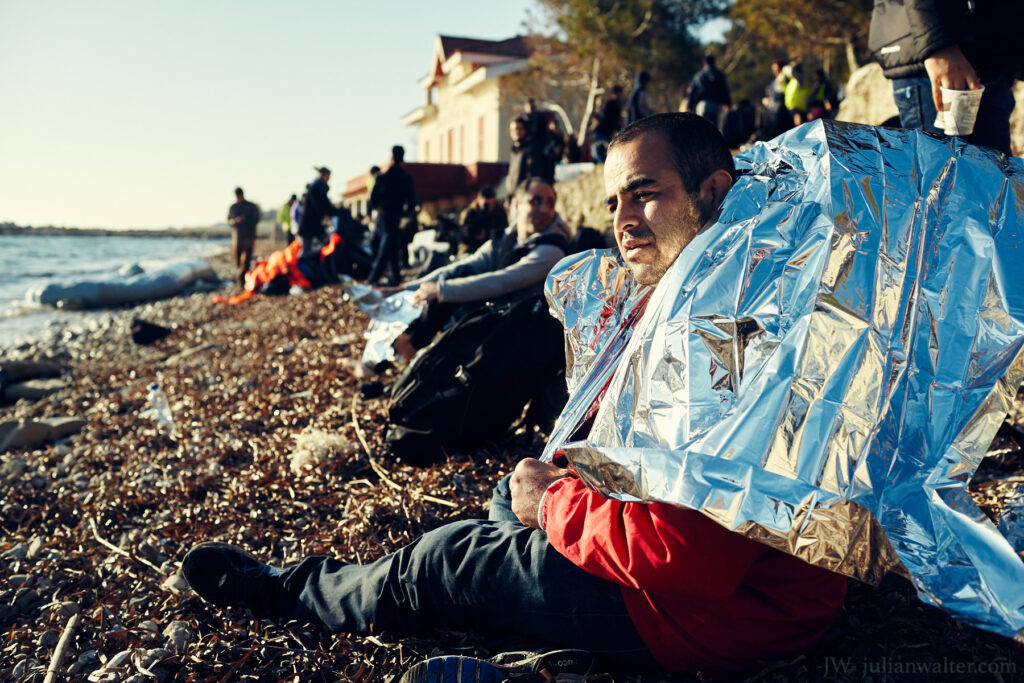
“Can you imagine? I had fifty people’s lives in my hands. I’ve never even driven a boat before!”
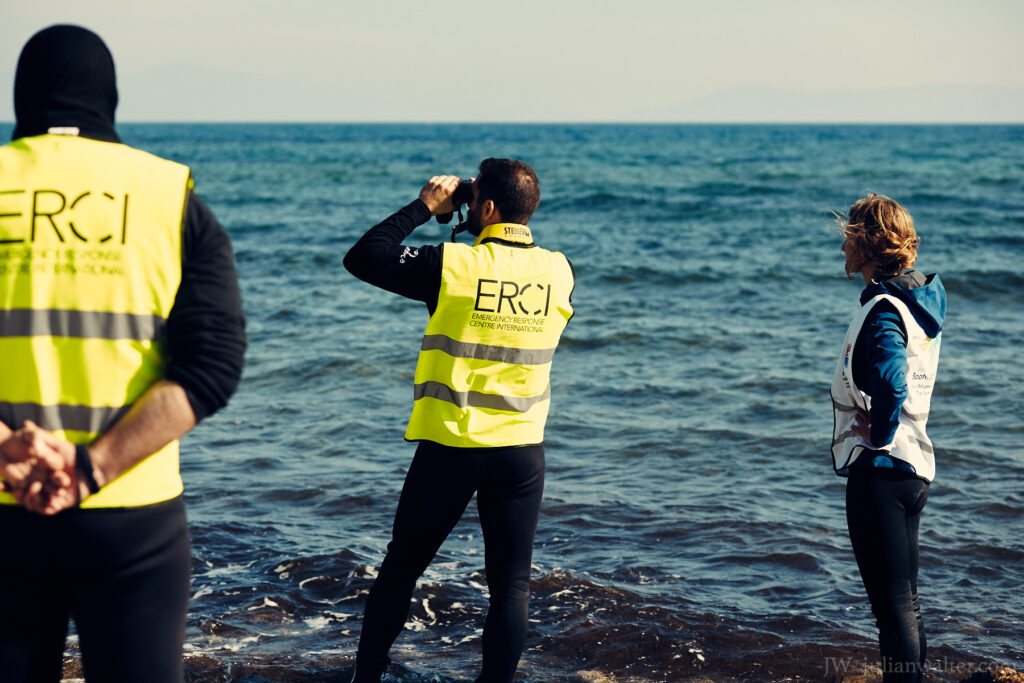
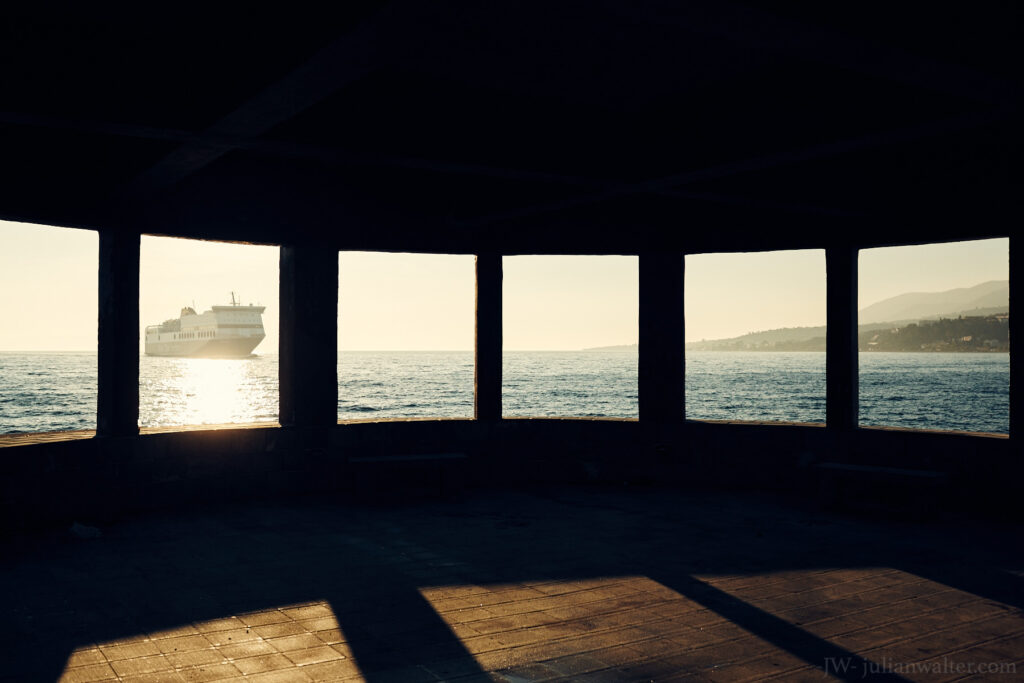
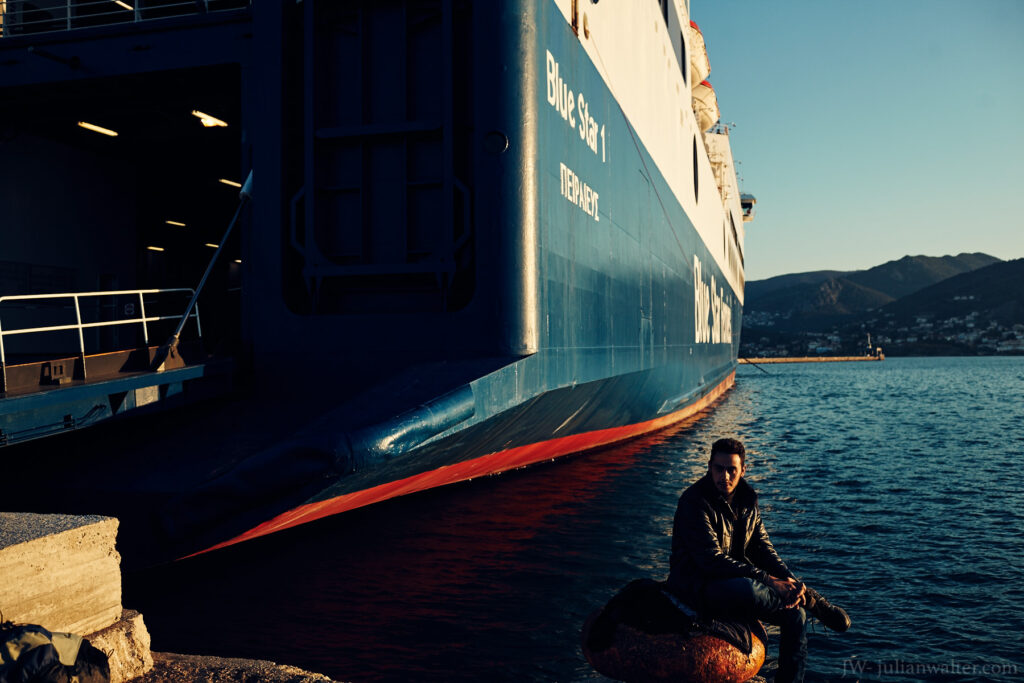
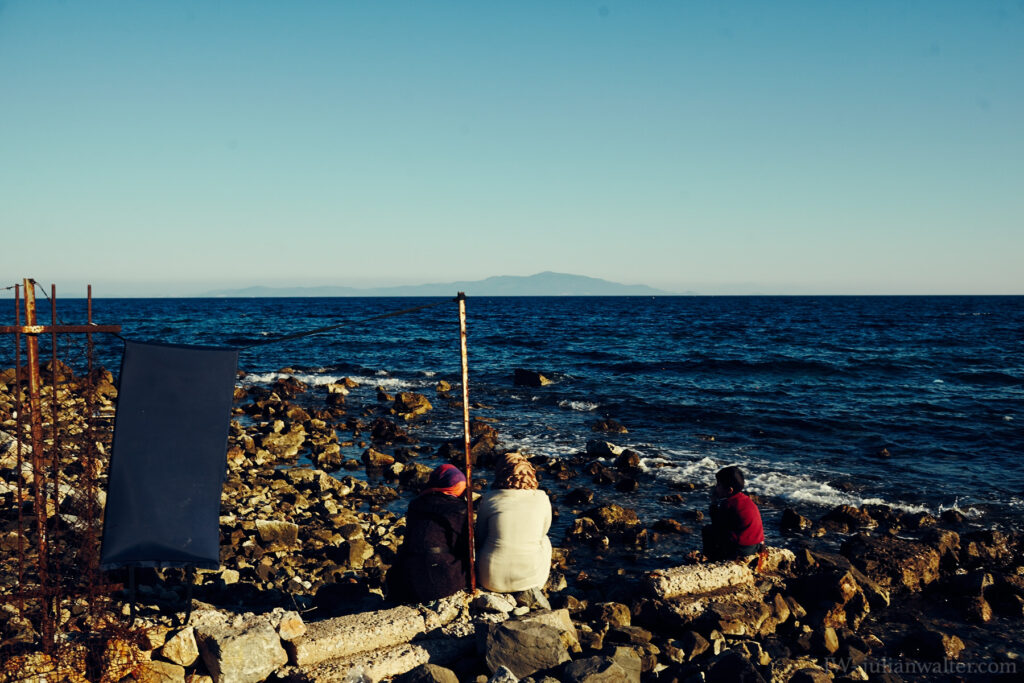
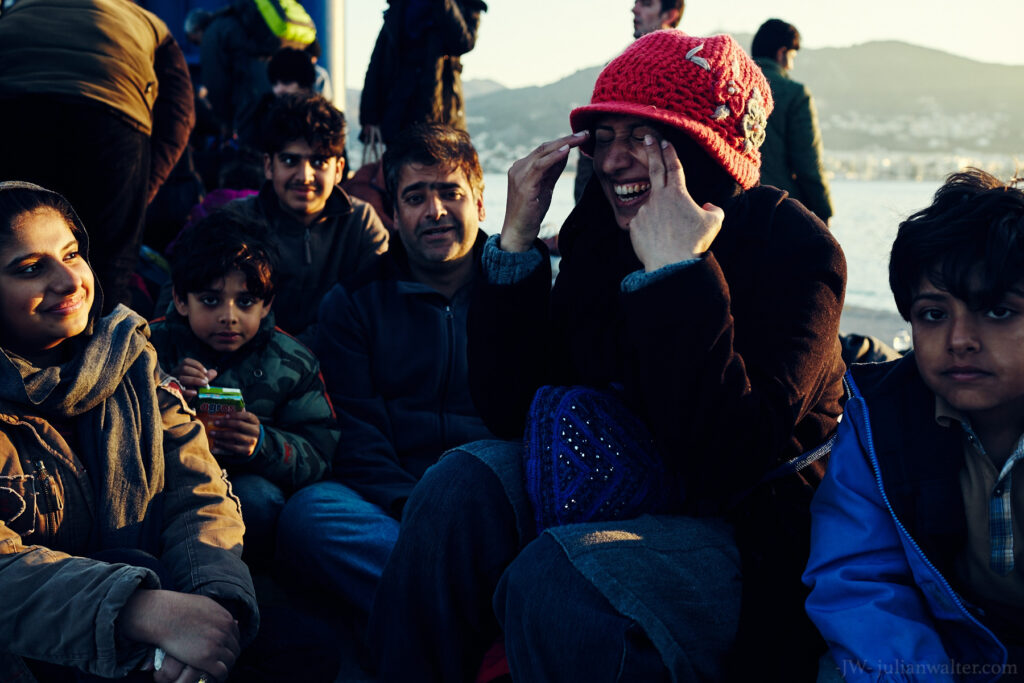
This Afghan family had been traveling for over three weeks from their home to get to Lesvos. With four kids in tow, they had to walk almost entire days at a time through snow-covered Turkish mountains past the occasional body of a fallen refugee. They were protective of their kids and she was concerned with the very real problem of child trafficking. Her extended family is full of successful doctors and engineers, and her youngest sons want to be engineers as well.
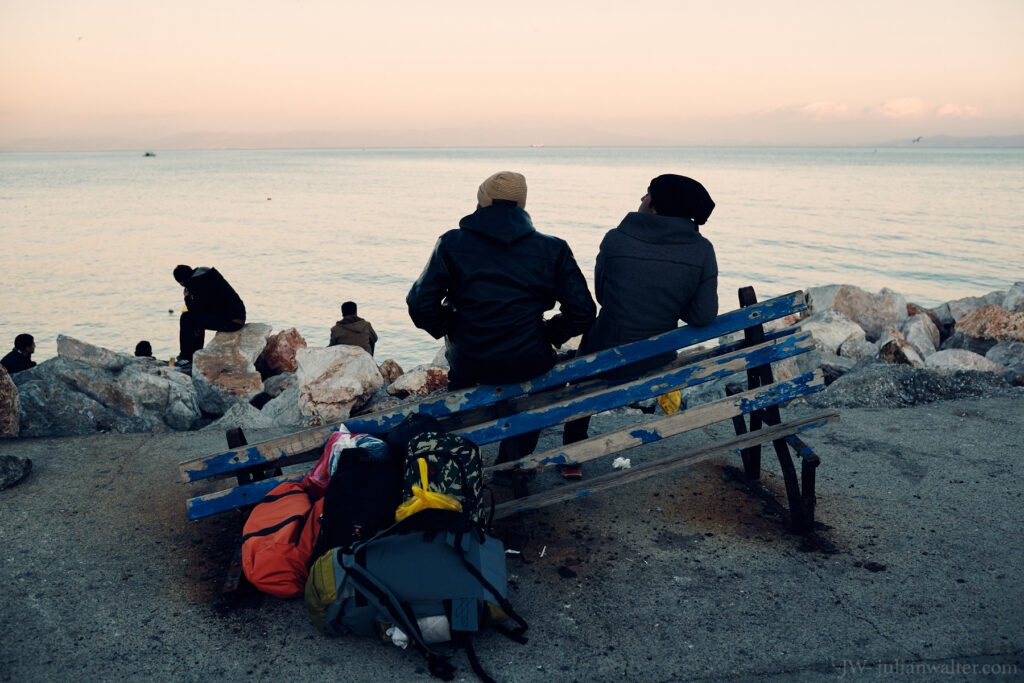
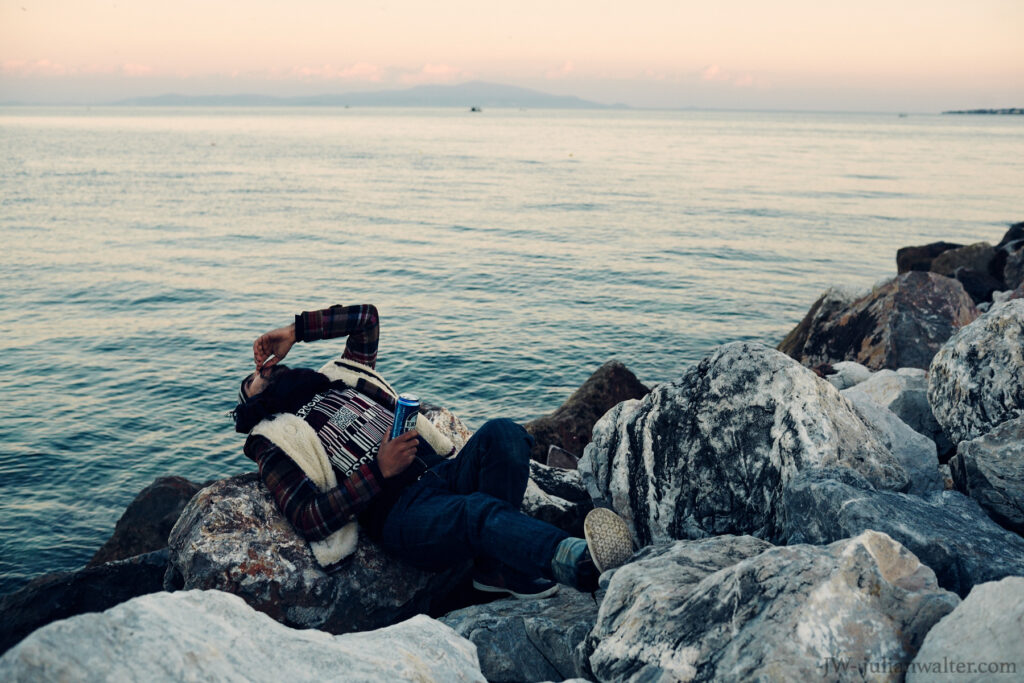
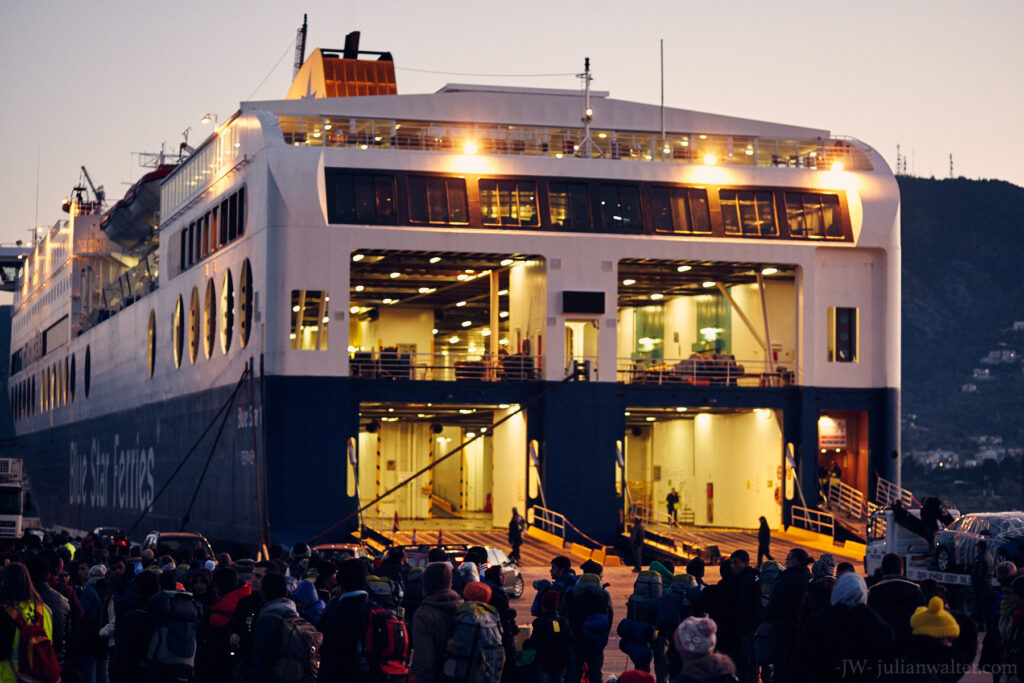
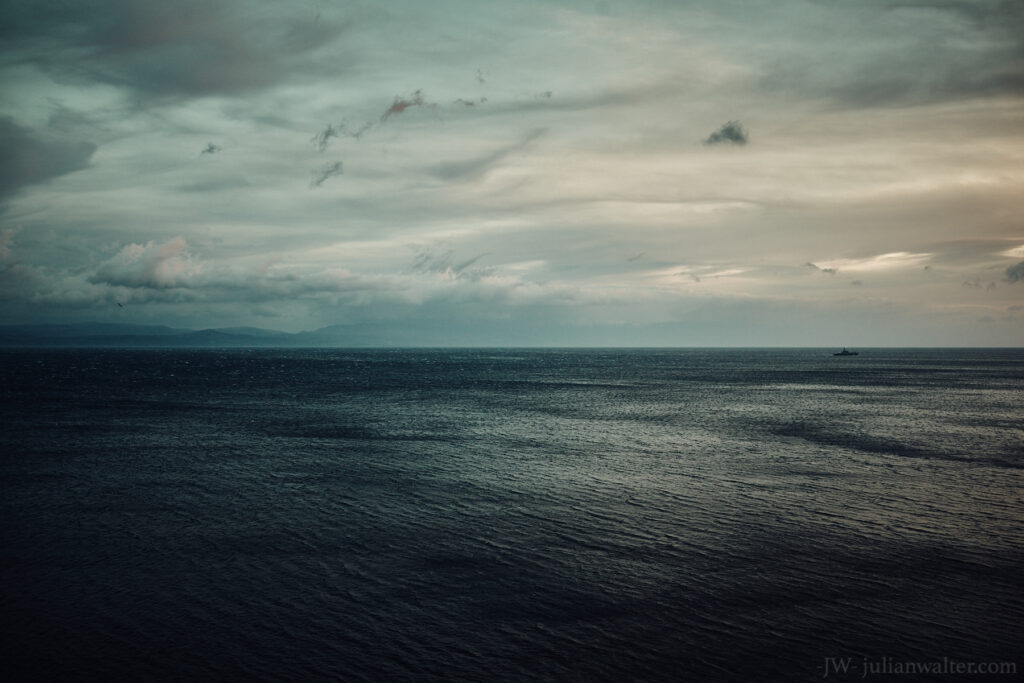
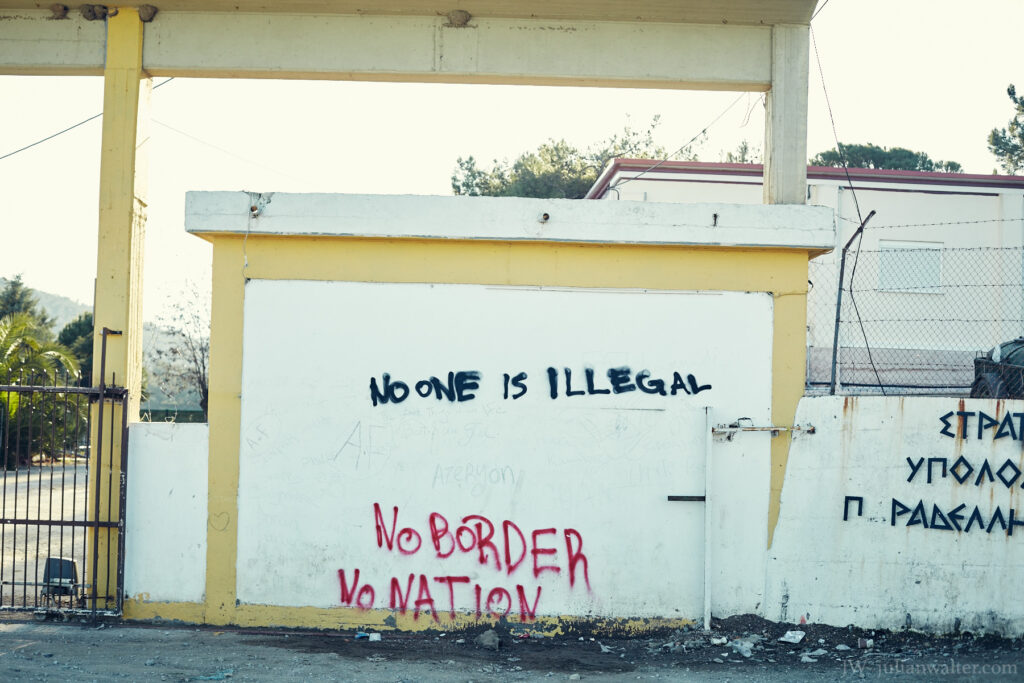
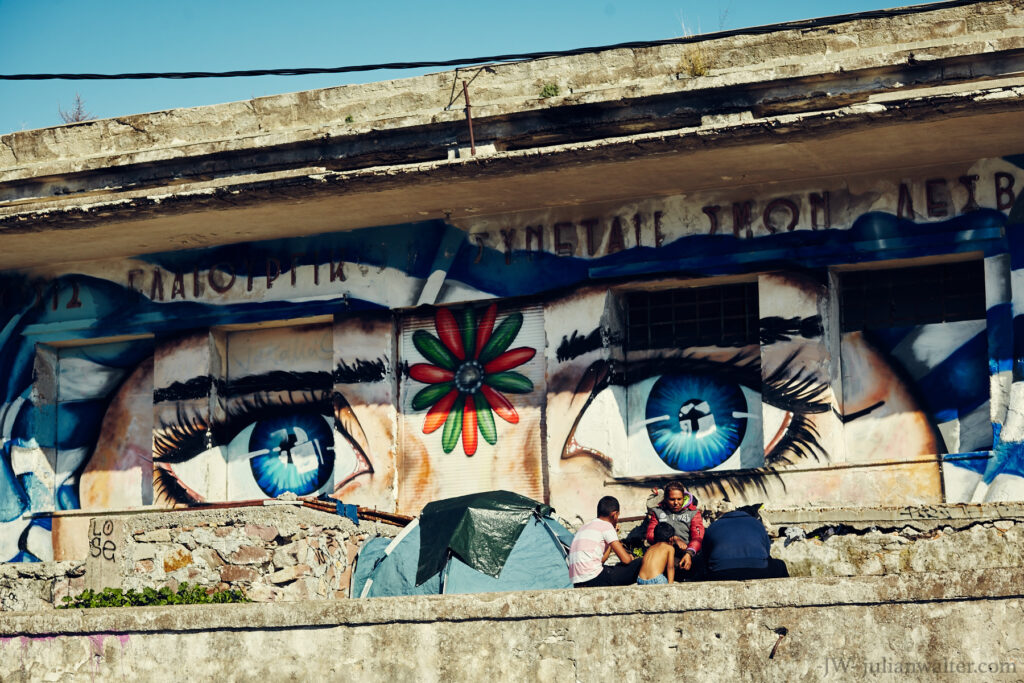
The stories I found were roughly what I expected, but to hear them from people on a first hand experience was unbelievable. The Afghan families fleeing their countries with several young kids in tow, sometimes walking for days through the snowy Turkish mountains; The Iranian who had studied computer sciences only to be cut off from his own government and forced to work manual labor; All the Syrians who have had many family members die from recent conflicts. It goes on, and never stops. Although faced with such large problems, the spirits weren’t always grim among these people. Although a difficult journey, many were in very high spirits and were happy to share some laughs and make friends with us, looking forward to the better life that awaits them.
When asked, I would tell them I live in New York, and with a big smile they would always exclaim “America! Ahh we love America, how amazing!” or something of similar excitement. I was surprised, seeing how terribly America has treated each of their countries, but still their dream would be to go to California, or Las Vegas, or New York, or Miami, and see these places they’ve witnessed so many times in the movies. The vast majority of them aim for Germany, some for the Netherlands, England, Norway, Denmark, etc. A large problem in recent months is that a decision has been made to only let in refugees from the three countries currently considered to be war zones: Syria, Iraq, and Afghanistan. All others will now be turned away. This means they will all find themselves stuck in purgatory in Greece for now, as they can’t move forward, and going back means for sure prison. Still, it doesn’t stop them from trying.
It was difficult to find people to talk with as clearly in their situation, many didn’t want to discuss, and most didn’t even speak English. However I was able to find a good handful of people per day to connect with and learn about what they are running from. With every conversation, I realized that these people are exactly like anybody I cross on a daily basis at home in America. Many highly educated, some artists, some young adults finding their way, mothers, fathers, grandparents; I got exactly what I wanted out of my visit and will forever view immigrants differently. Especially knowing that almost none of them will ever work up to their full potential again. I first saw it in Humans of New York where a middle aged man from Africa had come to America with his family, having previously worked as a surgeon in his home country, and now has been working as a taxi driver for twenty years. Or another from India who used to be a computer engineer, now working as a janitor. They see all the volunteers who are working hard for them to be comfortable at this point in their journey, and they are very grateful. The handful of times I put down the camera for an hour or two to help out, I had refugees come to me and thank me for all we are doing. Some even join in and help work at the camp purely out of the greatness of their hearts. They can’t wait to get to their destination country because they think everyone is as welcoming and open armed as the volunteers. It would be tough to tell them it won’t be the same, and they will face a lot of difficulty and racism when they arrive. I hope the process of assimilation can go as smoothly as possible for them.
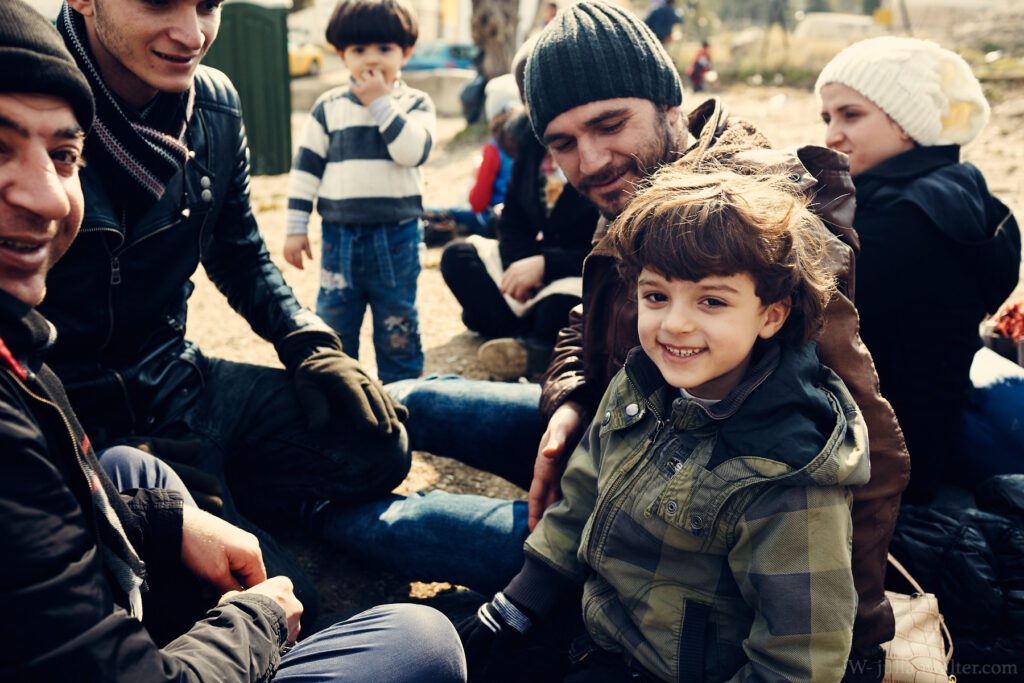
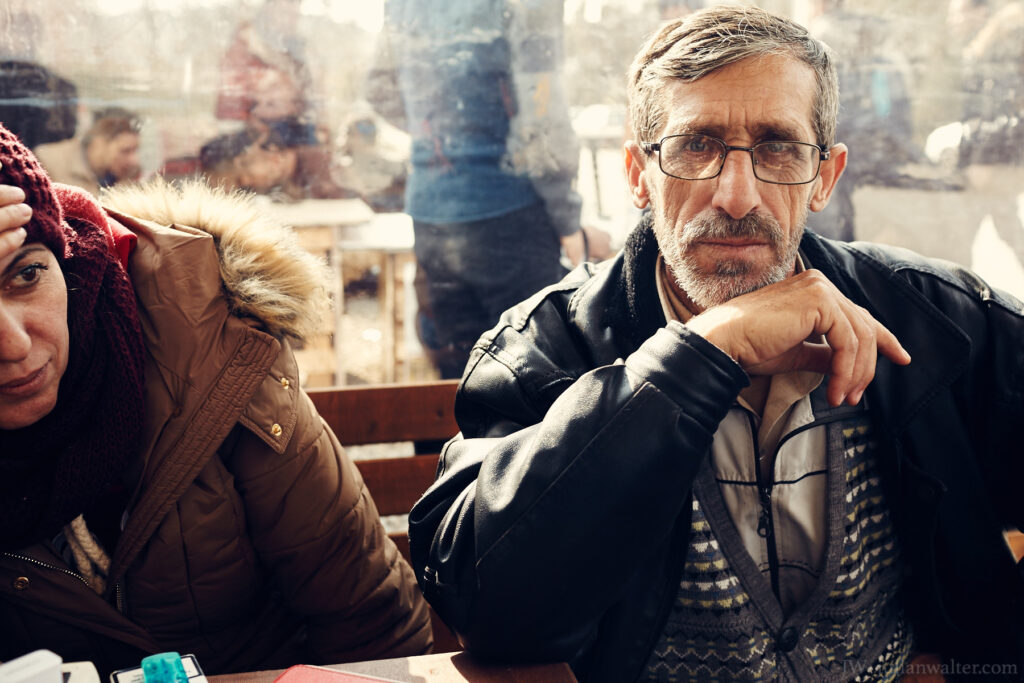
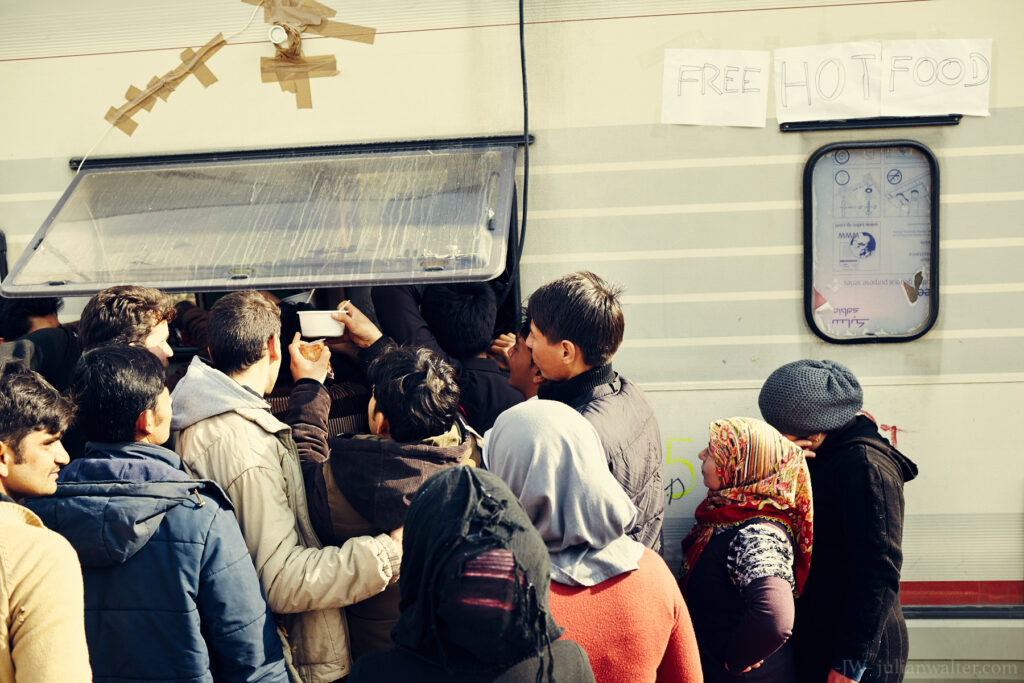
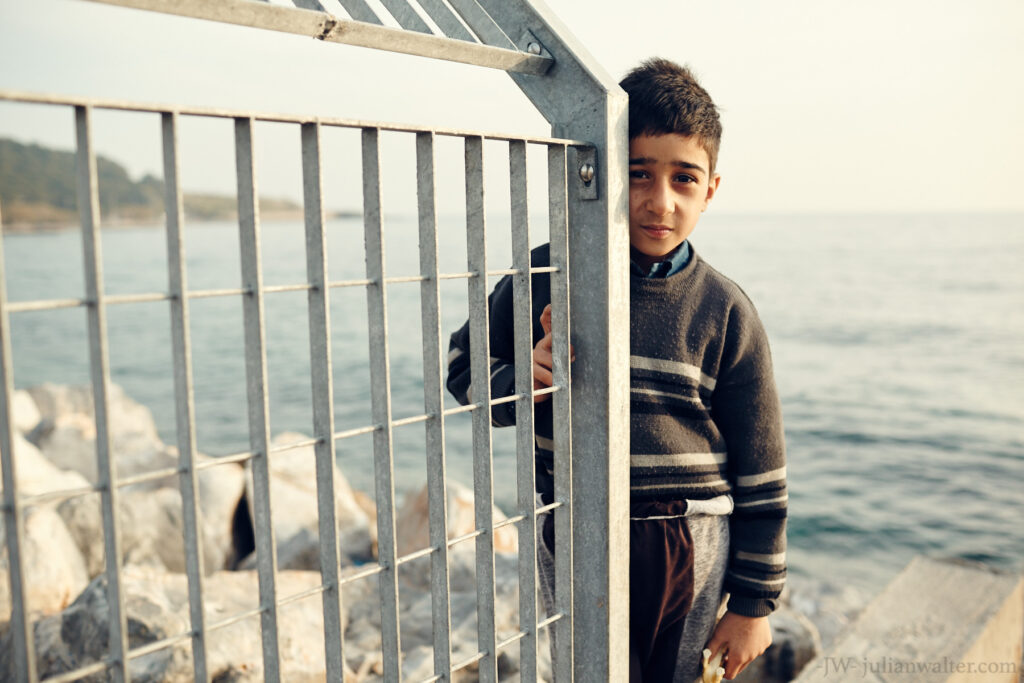
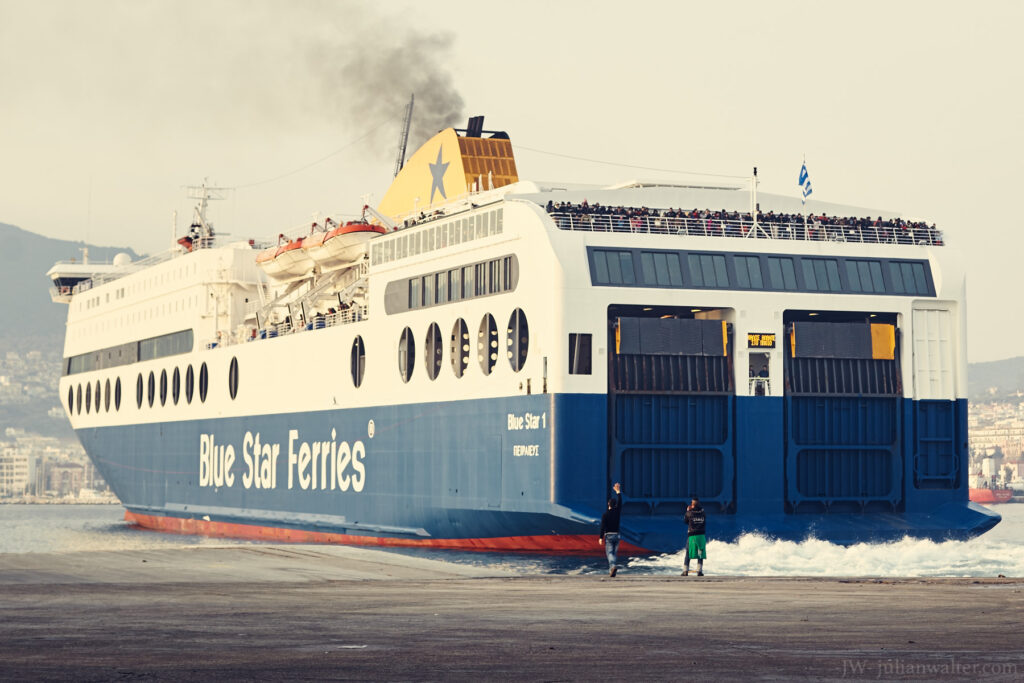
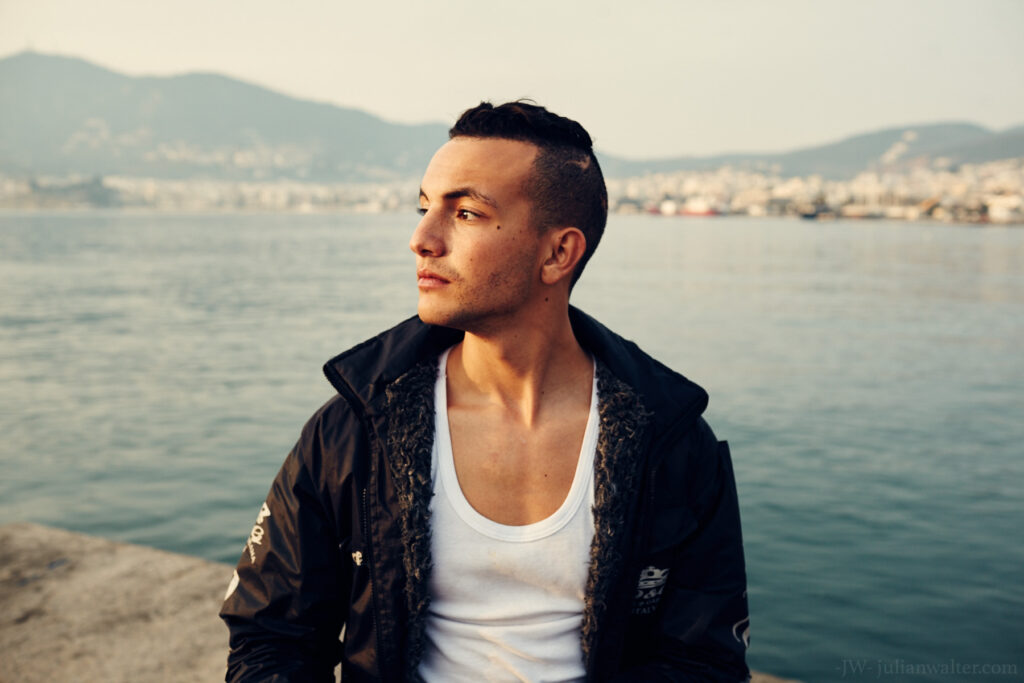
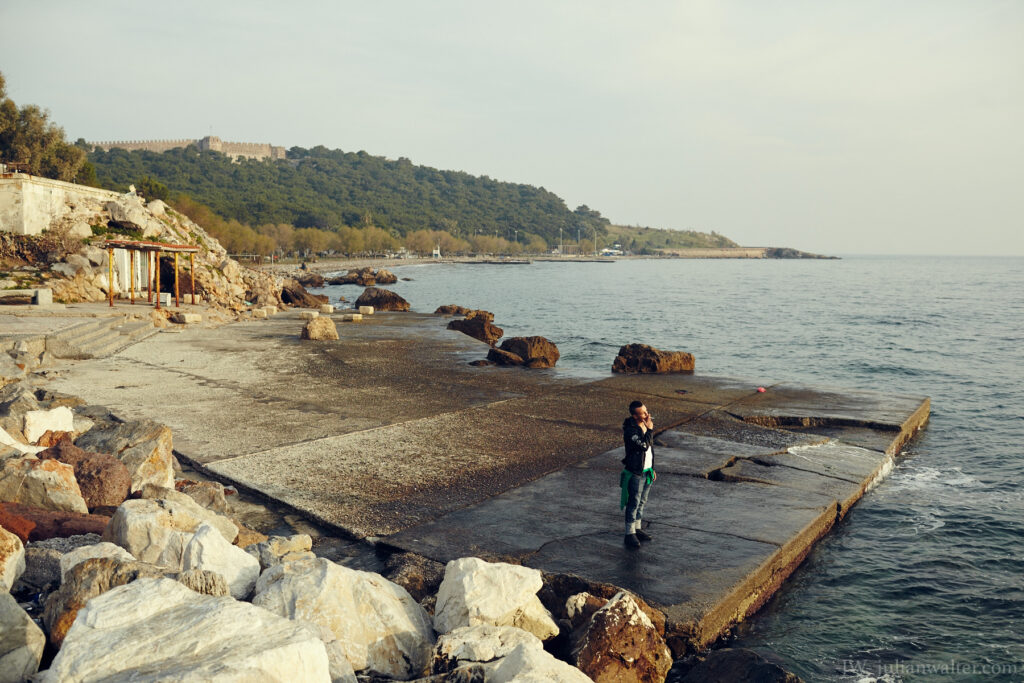
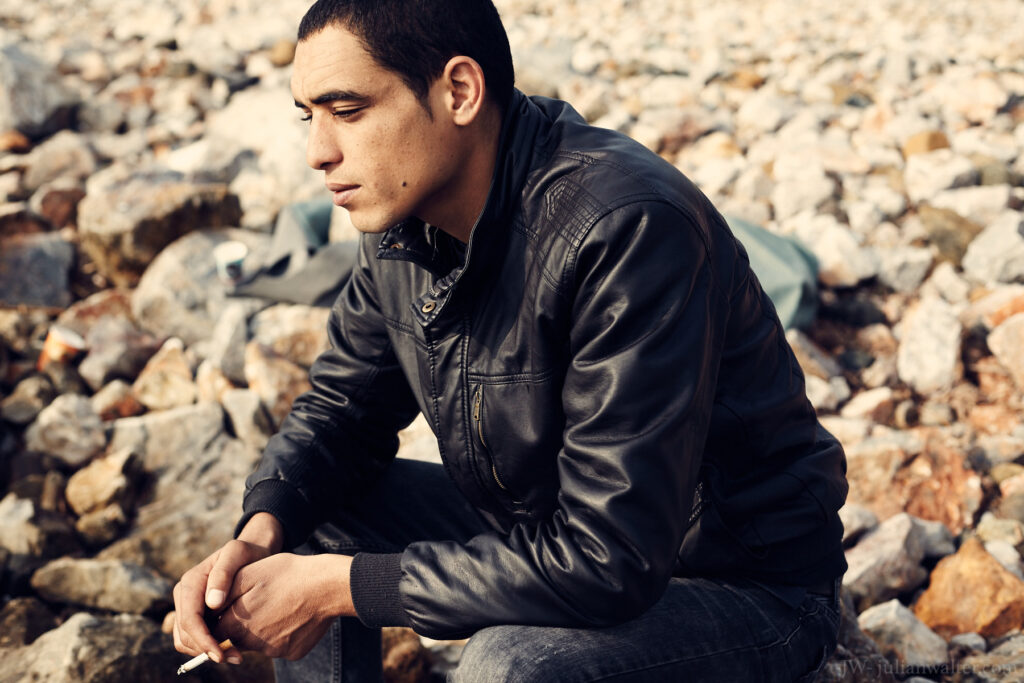
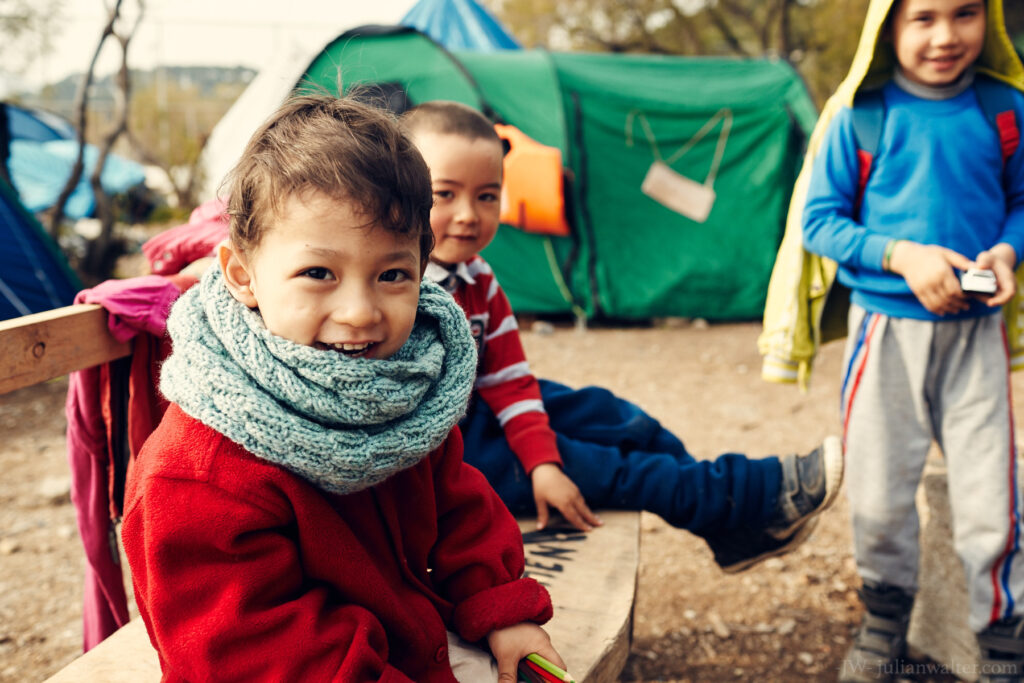
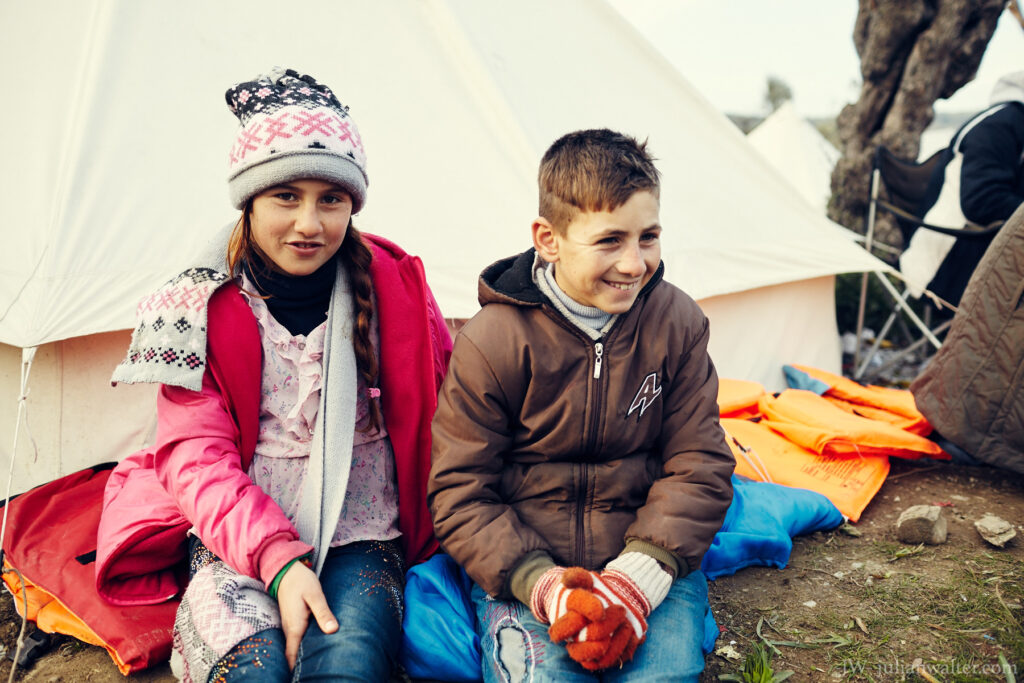
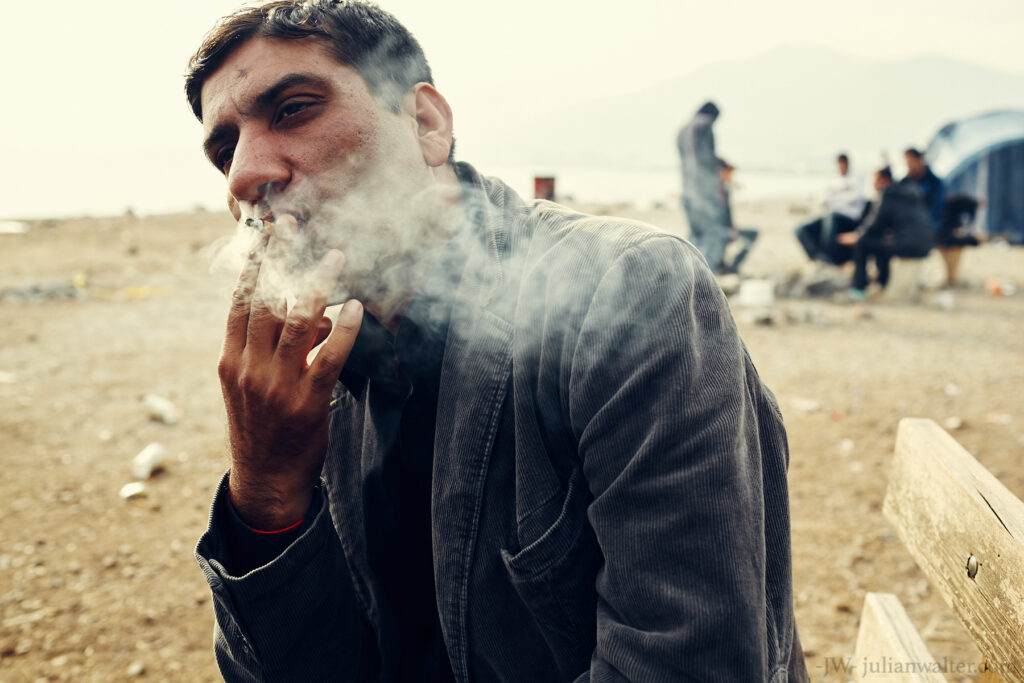
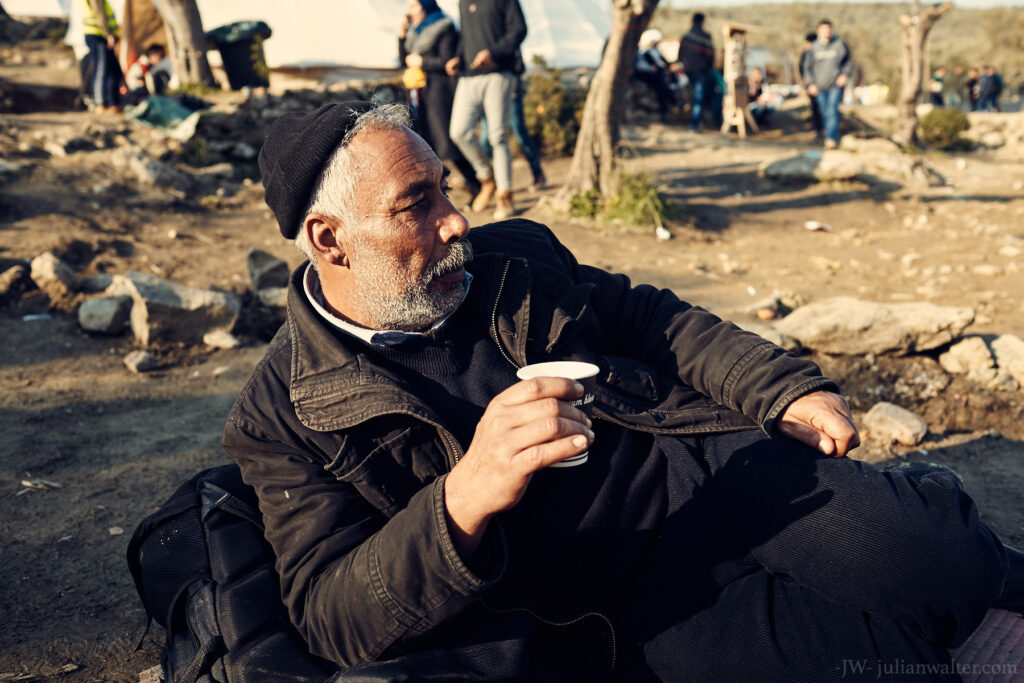
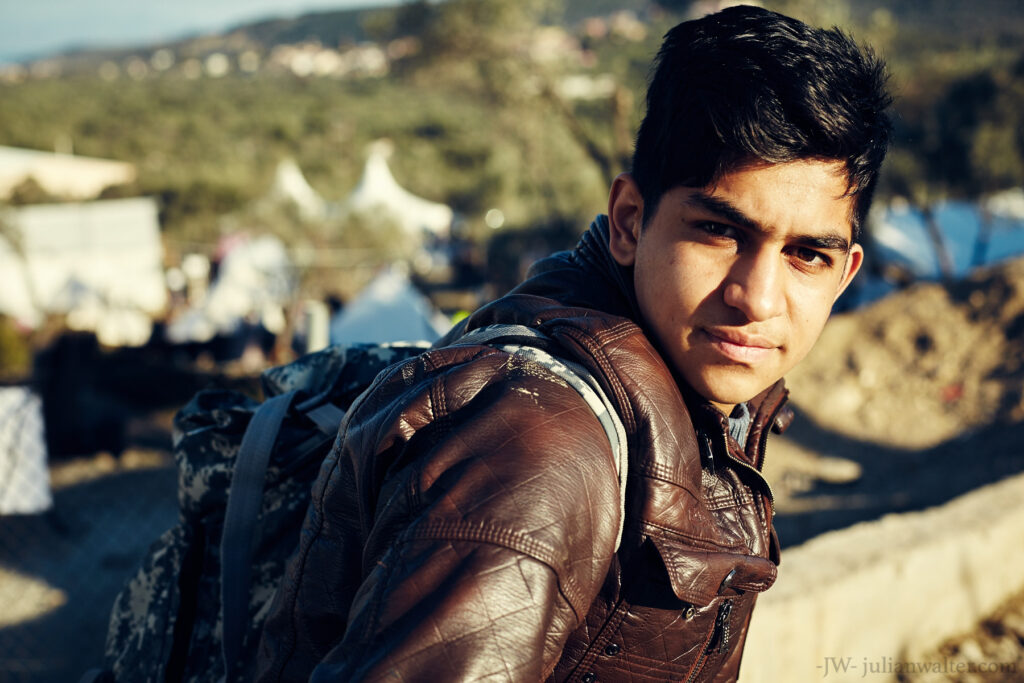
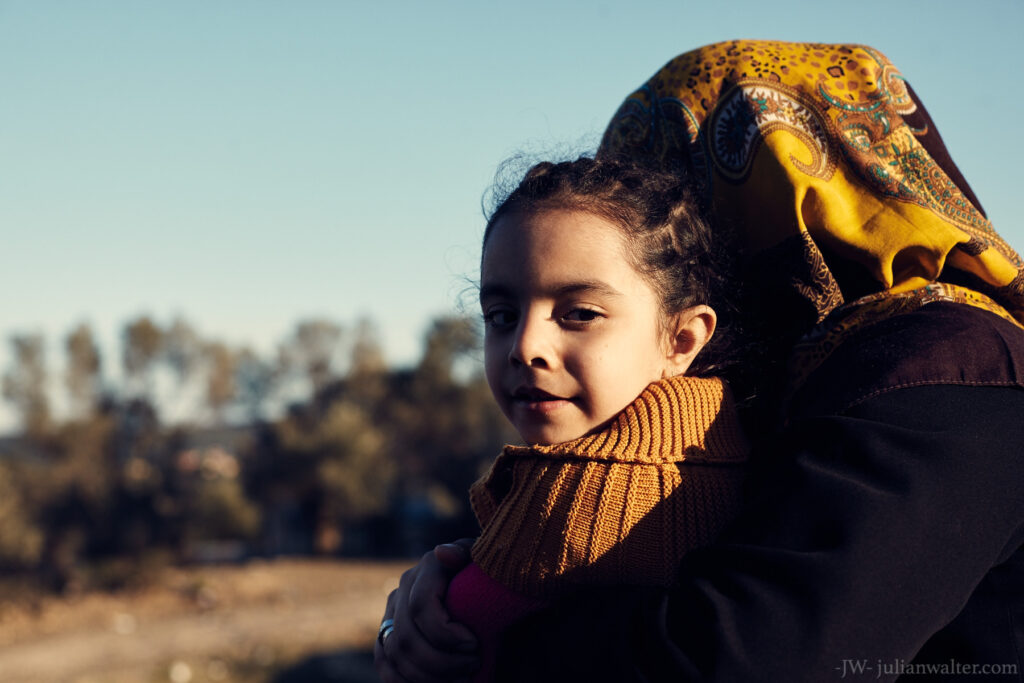
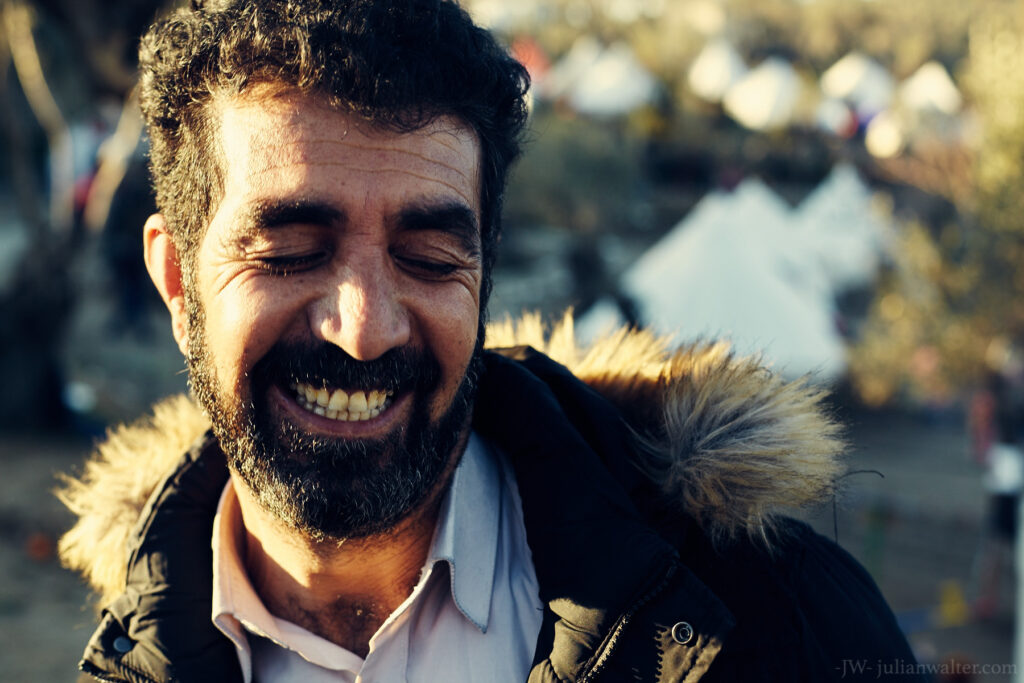
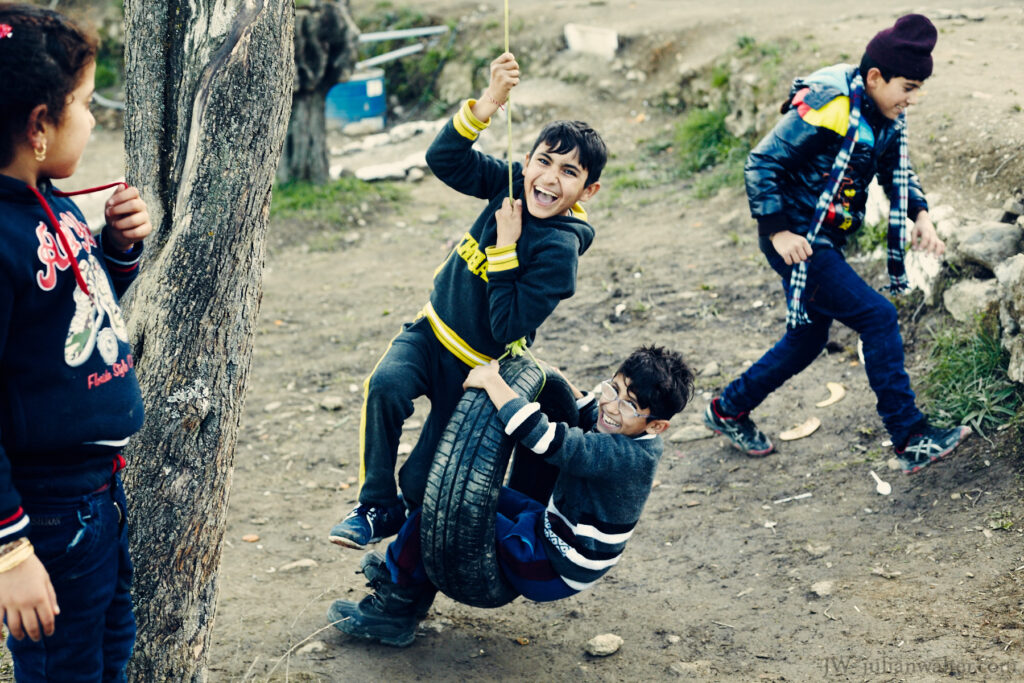
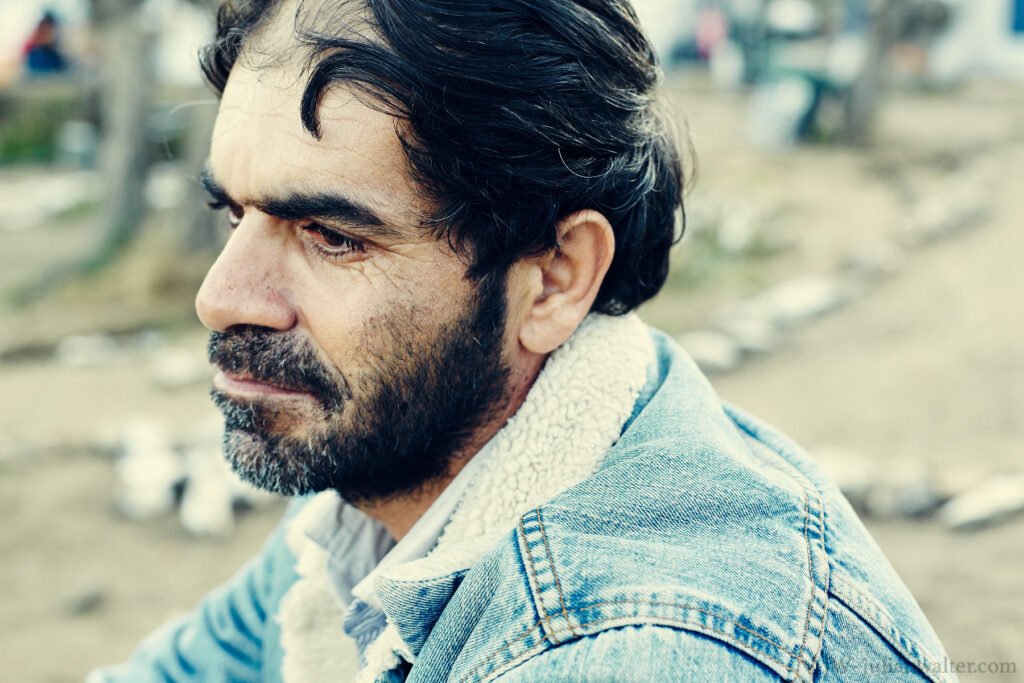
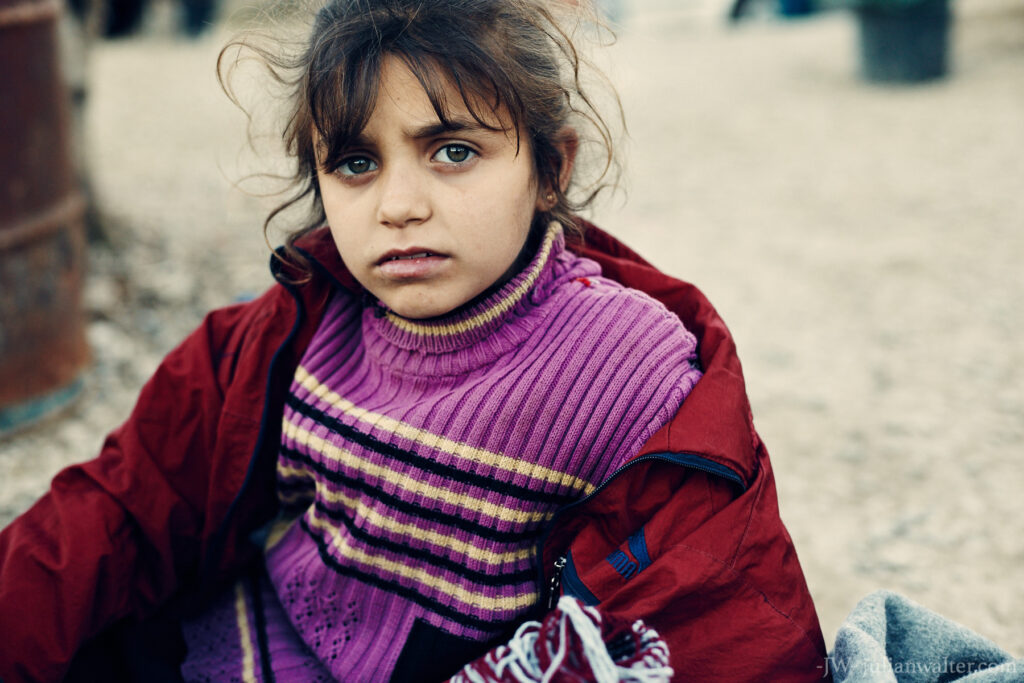
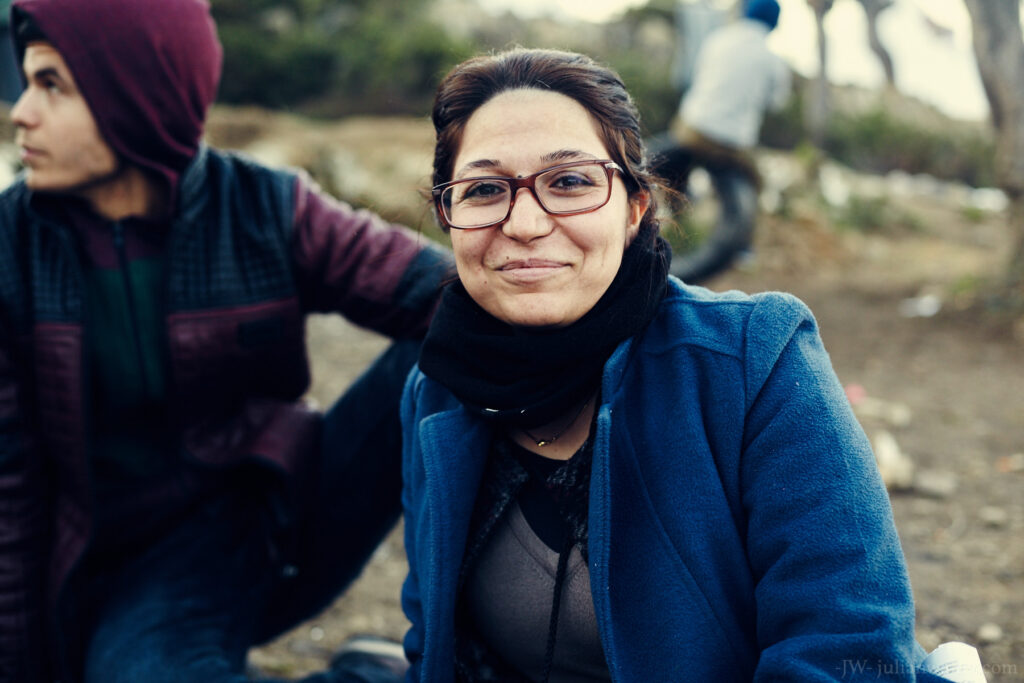
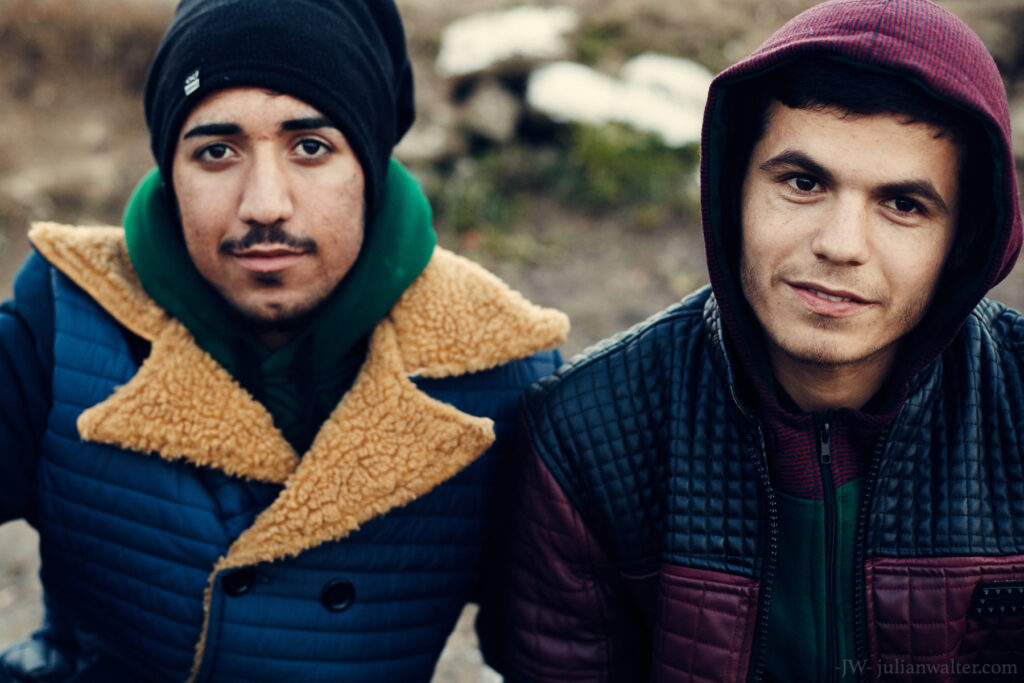
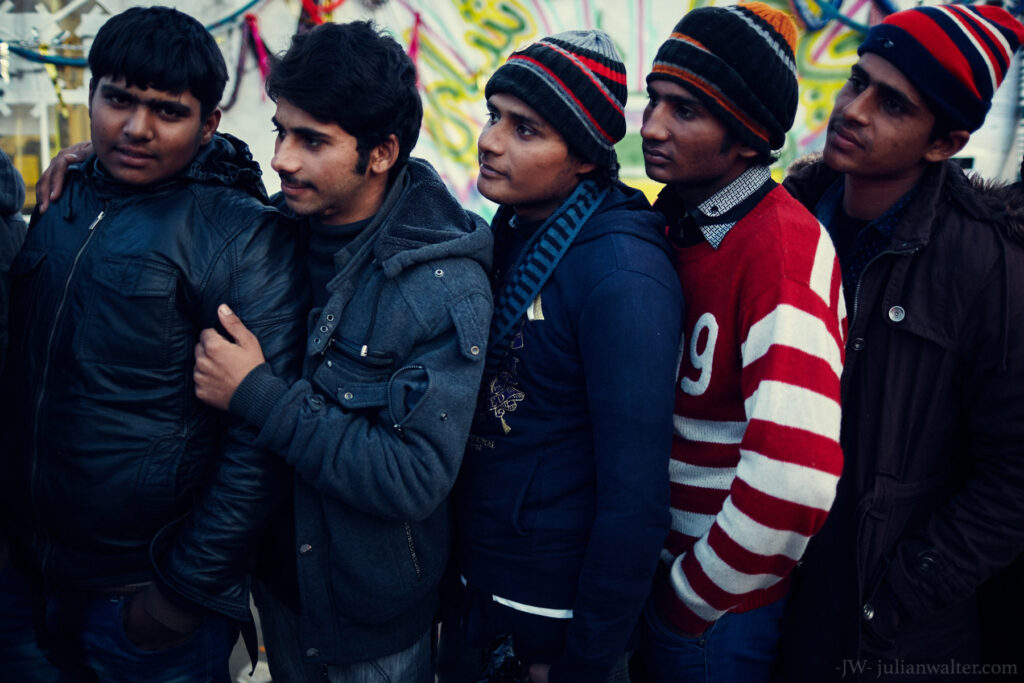
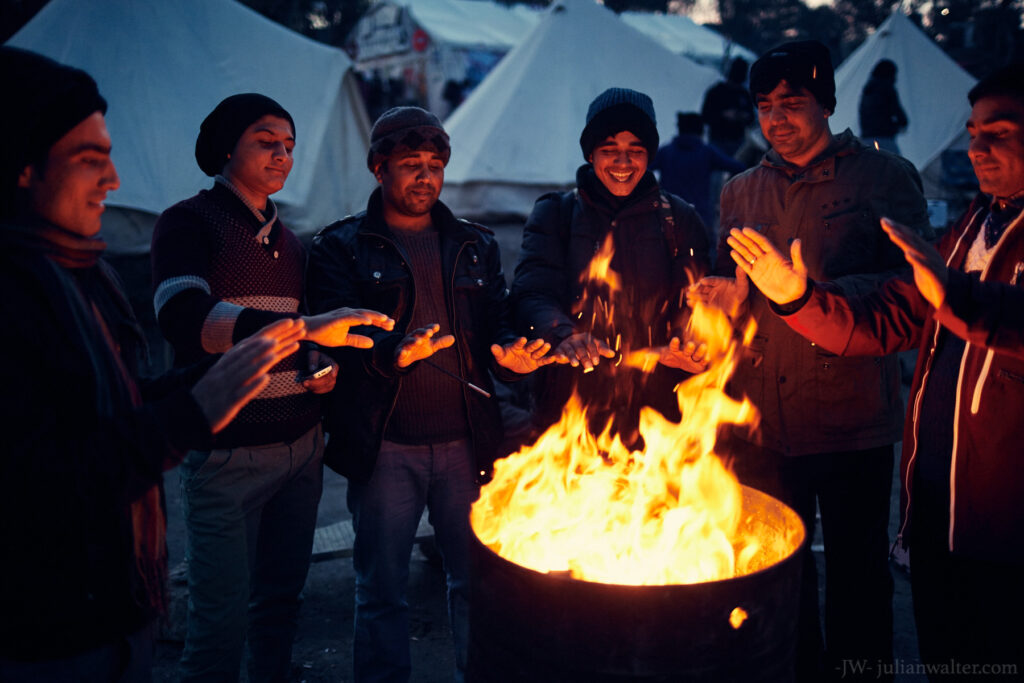
All in all, these people are humans. They are very unlucky to have been born into whatever difficult situation they faced in their home countries, and they all seek a better safer life elsewhere. I can’t say I know a solution to this problem, as the countries that await them face problems in hosting this huge new number of immigrants. But one thing I can say for sure is that the life we were born into is purely based on luck, and I believe the more fortunate of us should take care of the lesser as a simple duty to humankind.
